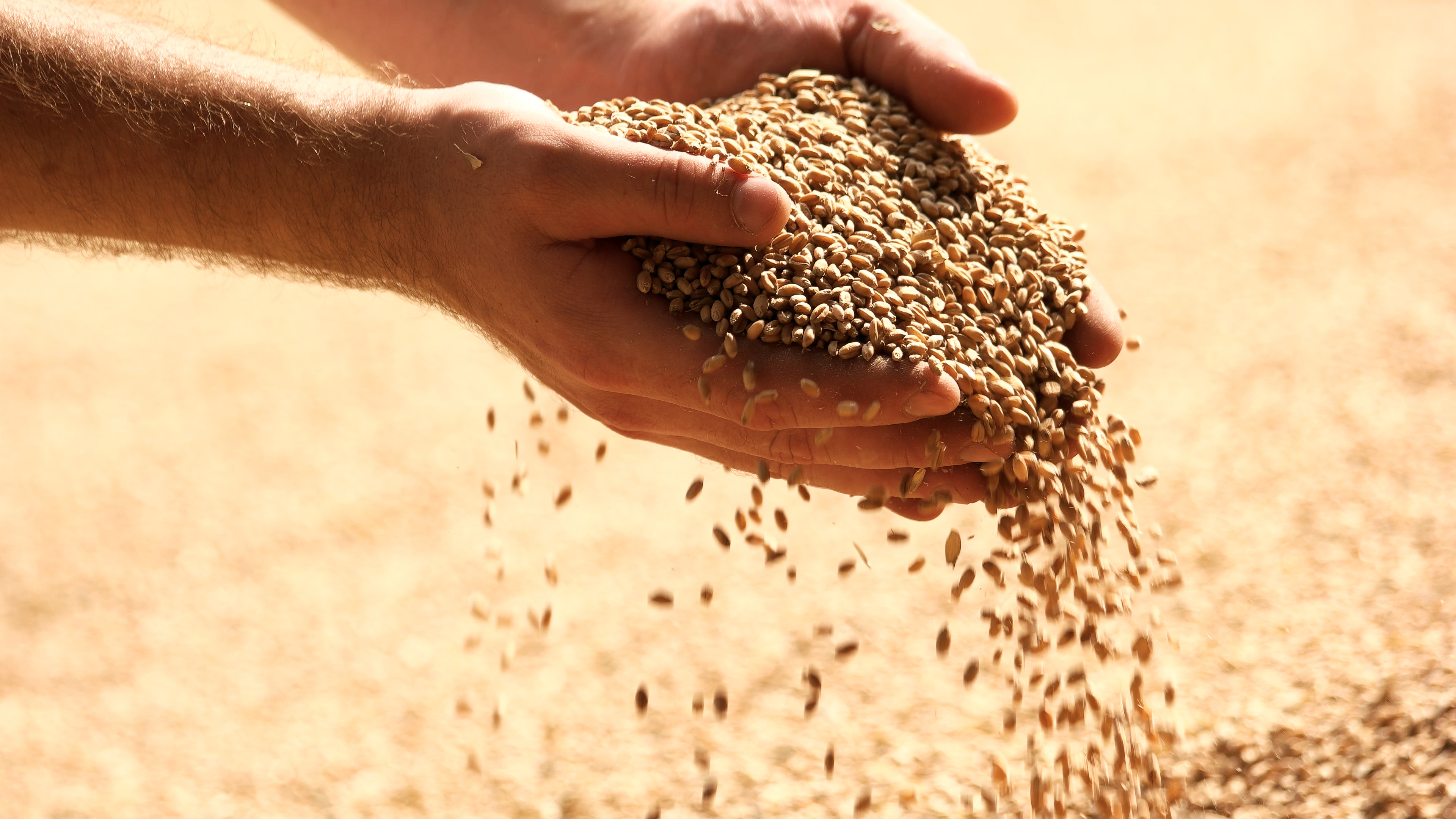Statement by Amb. Sheikh Mohammed Belal, Managing Director, Common Fund for Commodities, on the global consequences of conflict in Ukraine
The Common Fund for Commodities (CFC) joins the global community in expressing its deepest concern at the ongoing conflict in Ukraine and its eventual fall out on the most vulnerable people in the most fragile places. The disruption of global trade resulting from the devastating crisis in Ukraine now risks escalating into a global problem of disrupted supply chains and even higher prices, nutrition crisis, hunger and famine. Ukraine along with south-western Russia has long been known as Europe’s breadbasket. With up to 25% of global supply of grain potentially affected, we must do all we can to avert a full-blown global hunger crisis - particularly in the 20 hunger hotspots. The consequences for global development would be devastating and could take us years back in building a sustainable future for people in need.
While the price hike might seem beneficial to some smallholders, who mostly produce those commodities, the experience shows that the reality is more akin to “winners take all”. Because of their weak position, smallholders get little to nothing from this price hike. At the same time, it is the poorest households which spend the highest share on their income on food, resulting in more vulnerability and hardship which could turn into widespread hunger. This is cause for great concern, as social and political stability and increasing food prices are highly correlated as the word witnessed during 2008 recession.
It is also deeply concerning that rising cost of energy has important ripple effects in other commodity markets, including for the cost of fertiliser used by farmers. The rise in fertiliser prices has already led to agitations and commotions some parts of the developing world. We should do all we can to not let it go out of control.
We all are aware that commodities are the basic products that underpin both our material existence and ultimate survival. From the rice on your bowl, to cereals at your table, the cotton of your shirt or the copper and lithium in your smartphone, to the oil and gas that propels the vehicle to keep you mobile all have been impacted by this conflict. Commodity markets can, and will propagate the impact of this crisis to every corner of the world, unless mitigating steps are taken.
While rich countries may be able to shield their vulnerable with trade distorting practices like subsidy and other financial incentives, the poor countries will end up paying the ultimate price for subsidies and global value chain disruptions as it distorts the global trade for a long time to come.
The COVID-19 pandemic and this Ukraine conflict have already contributed to a dramatic escalation in food insecurity, and it is estimated that an unprecedented 283 million people may already be acutely food insecure or at high risk in 80 countries (ReliefWeb, March 2022).
The CFC therefore believes that this crisis must end the soonest through negotiations and diplomacy. We also urge all to do all they can to mitigate the global consequences of this crisis to global commodity markets, sustainable development, income and food security. We call for coordinated international action to prevent contagion from this crisis and prevent the suffering of poor and vulnerable people in developing countries.

